Dark-Land: Memoir of a secret childhood
Paul Dry Books, US$19.95 pb, 250 pp
Damascene moments
Kevin Hart’s Dark-Land is the memoir of a distinguished poet and scholar who was born in England in 1954, moved with his family to Queensland when he was eleven, and migrated again in 2002 to the United States, where he is currently Professor of Christian Studies at the University of Virginia. Dark-Land is well-written and amusing, with memorable vignettes ranging from his time in a London primary school to his bonding as an Australian teenager with his cat Sooty. On a wider spectrum, though, Dark-Land addresses more weighty concerns around time, memory, and intellectual or religious illumination. He recalls as a child listening to a BBC performance of the allegorical journey invoked in John Bunyan’s Pilgrim’s Progress, and he describes himself now as ‘still clambering up the hill I had known since childhood in London’. The title of his memoir signals this putative passage from darkness into light.
The dark land described in the first half of the book encompasses ‘the entire grimy part of London in which we lived’, the outer London suburb of Barking where he attended primary school in the early 1960s, when the area was still recovering from World War II. As someone whose childhood was spent just a few miles to the east, in the Essex suburb of Brentwood, I found the anecdotes in these sections to be evocative and perceptive: rivalries between West Ham and Tottenham football supporters, the Green Line buses that took apparently mysterious routes into rural areas, and so on. But I also thought Hart’s reminiscences to be at times oddly condescending in tone, especially in their attempts to imitate cockney patois: ‘Blimey, look at ’im, ’e’s all ’oly now.’ As Gavin Jones suggested in his critical work Speech Acts, literary representations of local dialects as ‘inferior’ to standard English have tended to reinforce conventional notions of what is proper and what isn’t. But such linguistic stereotyping accords with Hart’s general representation of East London as dark and degraded, an unredeemed world.
Continue reading for only $10 per month.
Subscribe and gain full access to Australian Book Review.
Already a subscriber? Sign in.
If you need assistance, feel free to contact us.



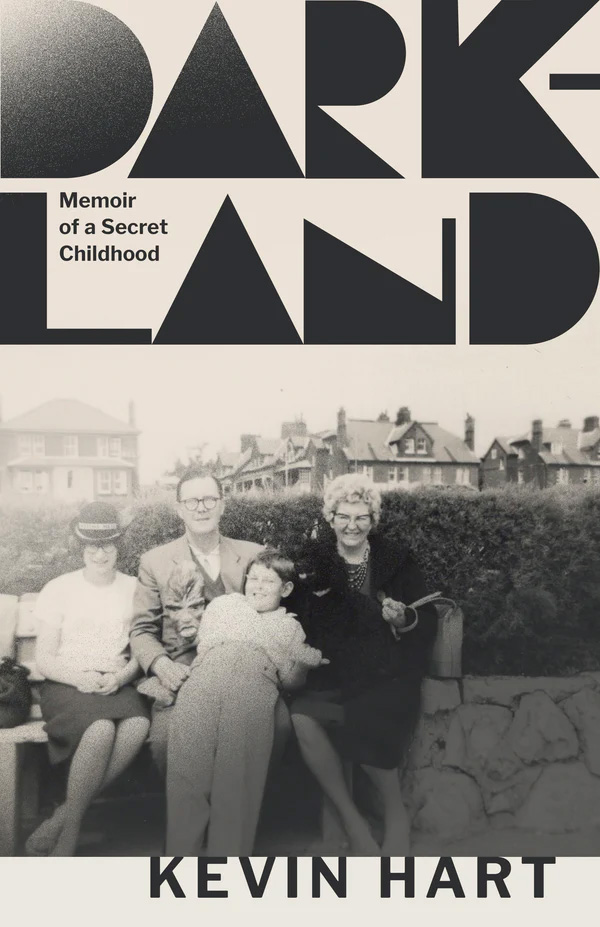




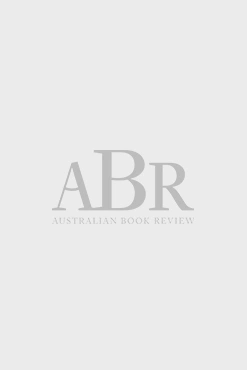
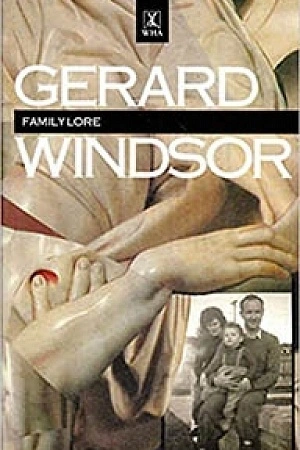
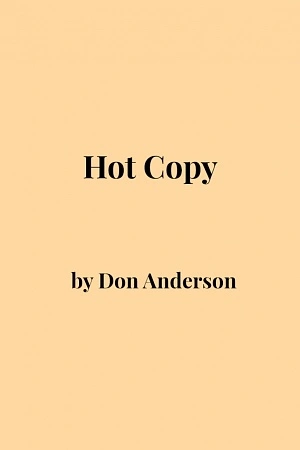
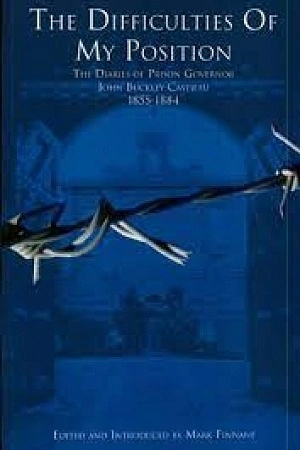




Leave a comment
If you are an ABR subscriber, you will need to sign in to post a comment.
If you have forgotten your sign in details, or if you receive an error message when trying to submit your comment, please email your comment (and the name of the article to which it relates) to ABR Comments. We will review your comment and, subject to approval, we will post it under your name.
Please note that all comments must be approved by ABR and comply with our Terms & Conditions.